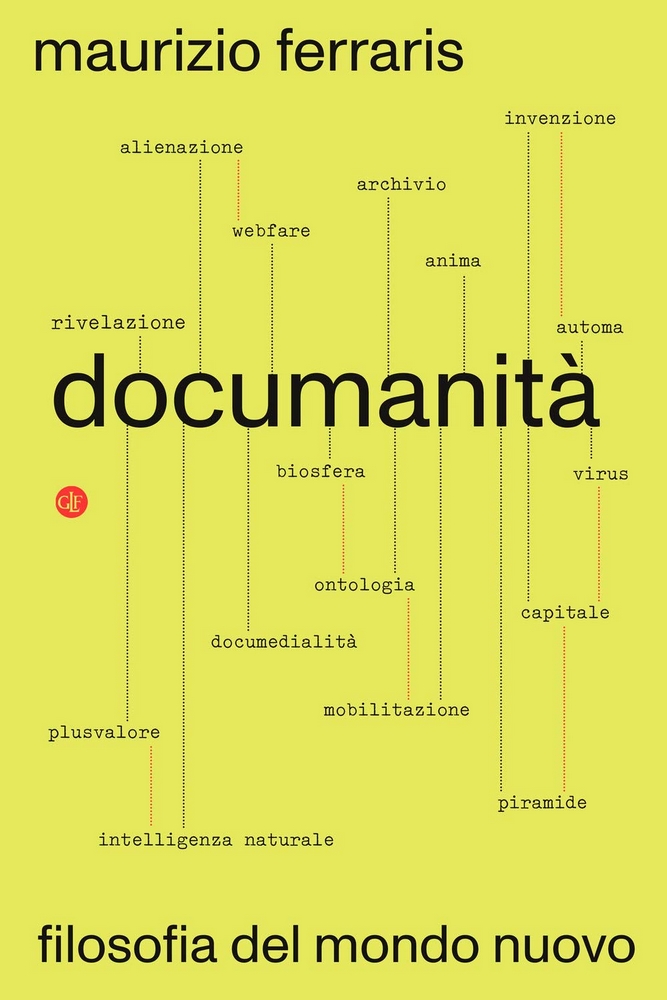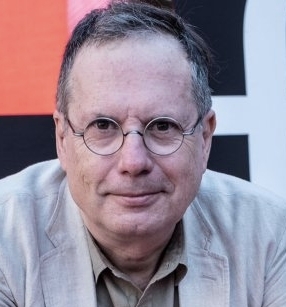
Author

Maurizio Ferraris (Torino, 1956) è un filosofo e accademico italiano. Dal 1995 è professore ordinario di filosofia teoretica presso la Facoltà di Lettere e Filosofia (dal 2012 "Dipartimento di Filosofia e Scienze dell'Educazione") dell'Università degli Studi di Torino. Ha studiato a Torino, Parigi (prendendo un diploma d'études approfondies con Jacques Derrida alla Ecole des Hautes Etudes en Sciences Sociales), all'Università di Heidelberg e insegnato in importanti università europee. Dirige la Rivista di Estetica ed è nel comitato direttivo di Critique, del Círculo Hermenéutico editorial e di aut aut. Dal 1989 al 2010 ha collaborato al supplemento culturale de Il Sole 24 ORE; dal 2010 scrive per le pagine culturali de la Repubblica. È inoltre editorialista per la Neue Zürcher Zeitung. Dopo aver scritto e condotto Zettel - Filosofia in movimento per Rai Cultura, dal 2015 conduce Lo Stato dell'Arte su Rai 5, dedicato all'approfondimento di temi d'attualità, politica e cultura.